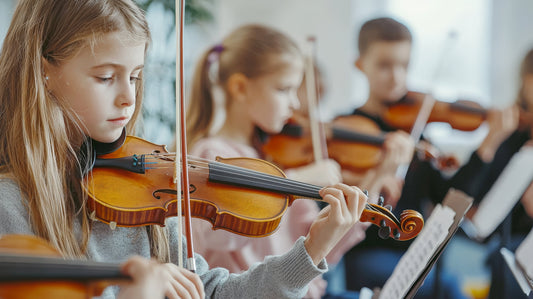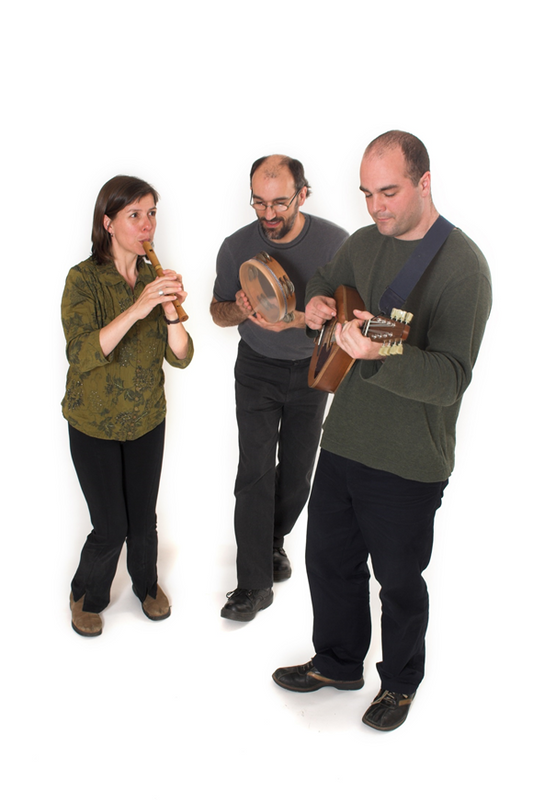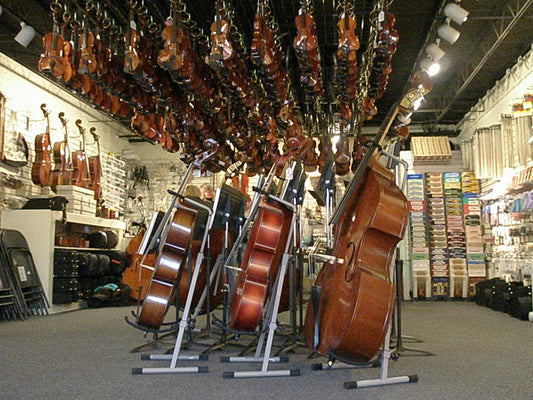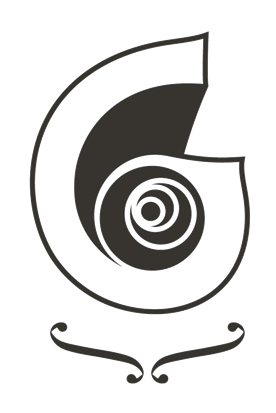Music Music Music

Mountainsong School String Program Success
We are thrilled to share the remarkable success of the string program initiated at Mountainsong School! Our goal was to provide an accessible and inspiring introduction to string instruments for...
Mountainsong School String Program Success
We are thrilled to share the remarkable success of the string program initiated at Mountainsong School! Our goal was to provide an accessible and inspiring introduction to string instruments for...

Three Reasons Why Every Adult Should Take Music...
Seem frivolous? Intimidating? The benefits outweigh the expense and awkwardness. It's been proven that: 1. Music lessons lower stress and make you smarter. 2. Learning to play an instrument comes...
Three Reasons Why Every Adult Should Take Music...
Seem frivolous? Intimidating? The benefits outweigh the expense and awkwardness. It's been proven that: 1. Music lessons lower stress and make you smarter. 2. Learning to play an instrument comes...

Choosing An Instrument For Your Child
It is the beginning of the school year, and just like every other school year, we get several phone calls a week asking the same question, “WE really want our...
Choosing An Instrument For Your Child
It is the beginning of the school year, and just like every other school year, we get several phone calls a week asking the same question, “WE really want our...
Gregory Walker Guest Conductor works with our C...
Since his 2009 Philadelphia Orchestra debut, praised by the American Record Guide as a performance of “precision and rapturous immediacy,” Gregory Walker has gained international recognition for his "beautifully calibrated...
Gregory Walker Guest Conductor works with our C...
Since his 2009 Philadelphia Orchestra debut, praised by the American Record Guide as a performance of “precision and rapturous immediacy,” Gregory Walker has gained international recognition for his "beautifully calibrated...
A Musical Fix for American Schools
Research shows that music training boosts IQ, focus and persistenceInstruction in music literally expanded students’ brains. ENLARGEInstruction in music literally expanded students’ brains. DENVER POST/GETTY IMAGESBy JOANNE LIPMANOct. 10, 2014...
A Musical Fix for American Schools
Research shows that music training boosts IQ, focus and persistenceInstruction in music literally expanded students’ brains. ENLARGEInstruction in music literally expanded students’ brains. DENVER POST/GETTY IMAGESBy JOANNE LIPMANOct. 10, 2014...
7 Year Old Sanford Girls Plays Violin to Stop V...
SANFORD, Fla. (WOFL FOX 35 ORLANDO) - At the young age of 7 years old, Leah Flynn is a disciplined violinist. "I like practice because it makes me get better...
7 Year Old Sanford Girls Plays Violin to Stop V...
SANFORD, Fla. (WOFL FOX 35 ORLANDO) - At the young age of 7 years old, Leah Flynn is a disciplined violinist. "I like practice because it makes me get better...
